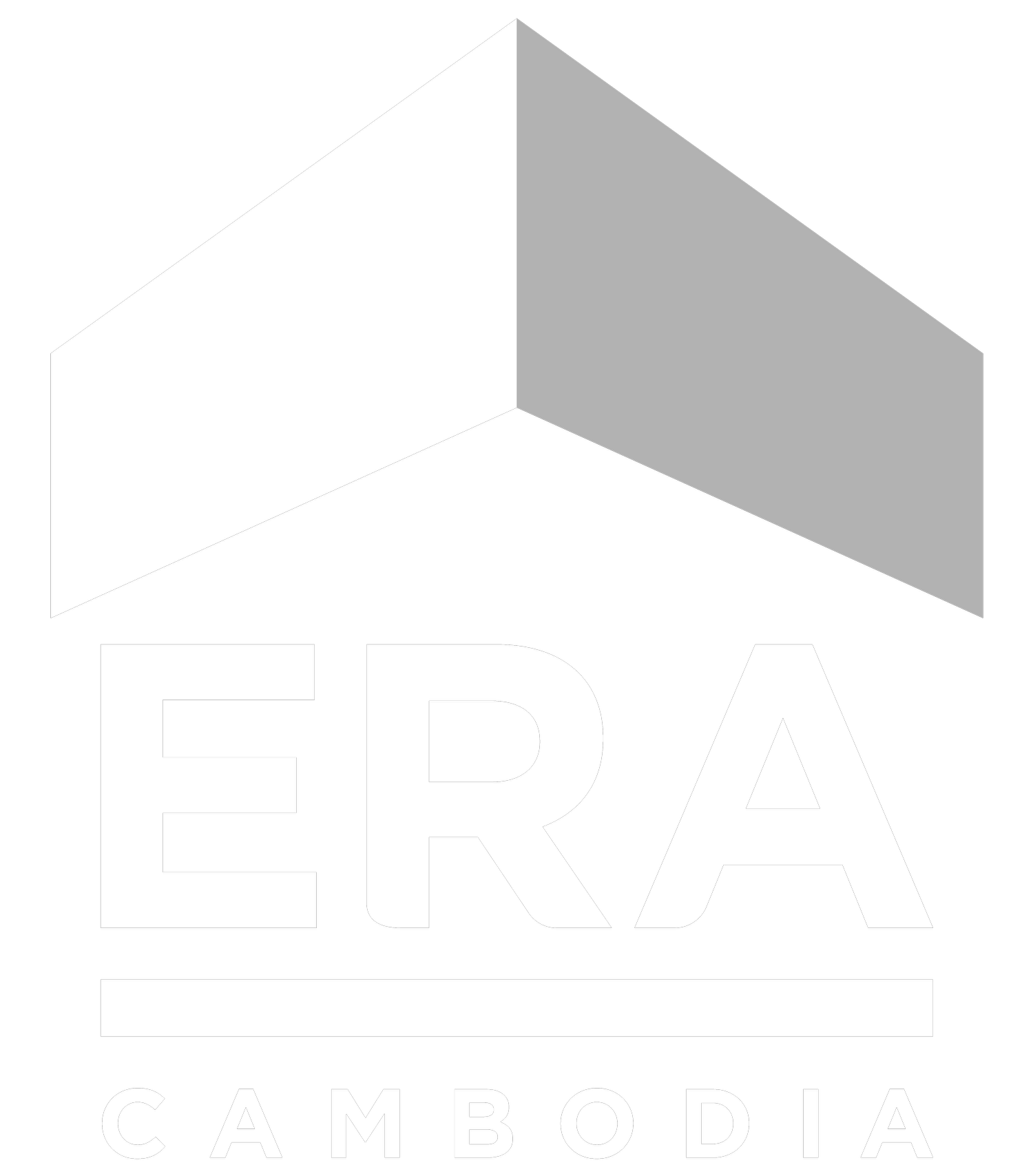US-China Trade War: Navigating Cambodia's Condominium Market Amid the Trade War Storm
As U.S.–China trade tensions continue to reshape global economic dynamics, Cambodia's real estate sector — particularly the condominium market — is feeling the impact. With foreign investment patterns shifting, local purchasing power under pressure, and an oversupply of units in key urban centers, both challenges and new opportunities are emerging. This article explores how the trade war is influencing Cambodia’s condo sector and offers strategic insights for investors and developers looking to stay ahead.
Cambodia's Trade Landscape: Between Two Giants
Cambodia is navigating complex relationships with both China and the U.S.:
China remains Cambodia's largest trade partner, with 2024 bilateral trade reaching $15.19 billion. However, the trade deficit widened to $11.69 billion, primarily due to high imports of materials and equipment.
The U.S. is Cambodia’s top export market, accounting for $8.23 billion in goods from January to October 2024 — mainly garments, footwear, and travel products. However, the imposition of a 49% tariff by the U.S. has heavily impacted this sector.
The outcome: Cambodia is seeing more Chinese industrial investment but facing reduced revenue from its primary export sector.
Direct Impacts on the Condominium Market
1. Decline in Chinese Buyer Activity
Chinese individual condo buyers — once the driving force behind Phnom Penh and Sihanoukville's high-rise boom — have sharply decreased due to China’s capital controls and economic slowdown.
Increased Chinese FDI in manufacturing has not spurred comparable residential demand.
2. Strained Domestic Demand
Garment sector instability, fueled by U.S. tariffs, threatens the income stability of a large segment of Cambodia’s urban workforce.
This weakens demand for entry-level and mid-range condo units by local professionals.
3. Oversupply and Depressed Prices
Phnom Penh now has an oversupply of high-rise condos, many designed for foreign buyers.
Units in some areas (though not all) are reportedly being sold 30–50% below asking prices, with lower rental yields discouraging buy-to-let investors.
4. Continued Developer Activity Despite Headwinds
Chinese developers continue building, often focusing on speculative or long-hold strategies.
This construction push, without corresponding demand, increases market saturation risks.
Mitigation Strategies: How Developers and Investors Can Stay Resilient
1. Diversify Beyond Chinese Buyers
Target ASEAN, South Korean, Japanese, and Middle Eastern investors.
Tailor marketing campaigns to appeal to local and regional buyers through lifestyle, investment, or urban-living narratives.
2. Scale Projects Appropriately
Develop smaller, phased projects (50–150 units) to stay flexible and avoid overexposure.
3. Build in Prime, High-Utility Locations
Focus on areas near government zones, transit hubs, and upcoming airports or expressways to ensure better occupancy and resale value.
4. Incorporate Versatile, Functional Design
Offer dual-key units or studios that suit both long-term rentals and short stays.
Include smart home features and green technology to increase value.
5. Transition Toward Build-to-Rent
Retain part of inventory for managed rentals or branded residences to ensure consistent income flow.
Offer rental guarantees to attract yield-driven investors.
6. Limit Leverage and Hedge Currency Risks
Secure local financing when possible and avoid excessive debt exposure.
Lock in costs early to shield against inflation or FX fluctuations.
7. Strengthen Local Partnerships
Work with local firms for better access to buyers, permits, and distribution channels.
Turning Disruption into Strategic Opportunity
The condominium sector in Cambodia is recalibrating. While the trade war has introduced volatility, it also provides a chance to rethink and reset strategies. Developers and investors who diversify markets, manage supply, and prioritize functionality over speculation will emerge stronger.
As the market evolves, adaptability and resilience will define tomorrow’s real estate leaders in Cambodia.
To learn more about condominium market and all other insights before investing in a condominium, I recommend you consider this article below:
The Rise of the Condotel Market & What It Means for Investors - Phnom Penh.
Or you may attend our event: Seminar on Sat 10 May, 2025:
Contact R.E. Advisor
For additional details or real estate investment consultation, please contact Mr. Hoem Seiha via telephone: +855-12-699-553 / +855-10-699-553 | Telegram: t.me/Hoemseiha | E: hoem.seiha@eracambodia.com | Condo listings on Telegram channel: https://t.me/seiha_era_condo_listing
Disclaimer:
This analysis is an opinion made solely by Hoem Seiha, an independent real estate advisor and analyst for ERA Data Intel, based on some criteria and metrics deemed reliable for the current market. The opinion DOES NOT reflect any viewpoints of ERA Cambodia and therefore, we are not responsible for any loss or damage pertaining to reliance on this analysis for your investment.
